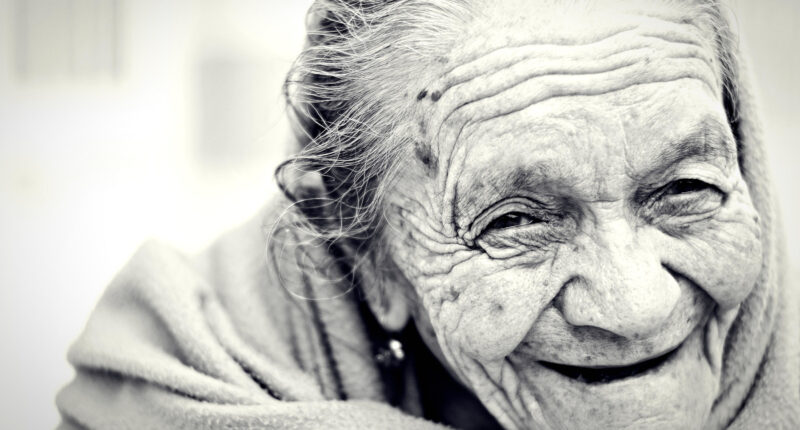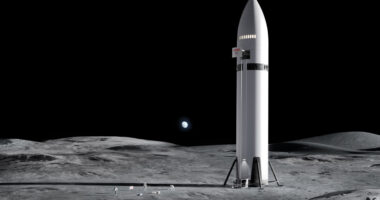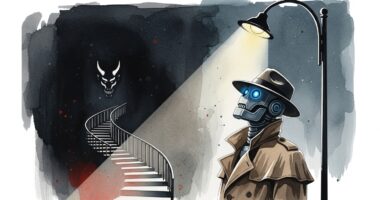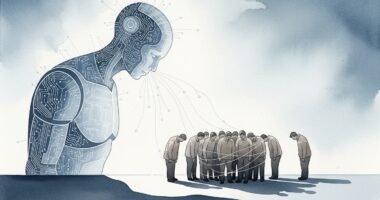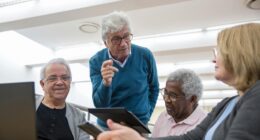In a culture obsessed with youth and a booming anti-ageing industry, one expert is challenging us to rethink getting old. According to a UC Santa Barbara anthropology professor, ageing isn’t a modern accident or a medical failure. It’s a critical part of our “species-typical design” that evolved millennia ago to ensure our collective survival.
In his new book Seven Decades: How We Evolved to Live Longer, Professor Michael Gurven asserts that humans were, in fact, designed by evolution to live to at least seven decades.
“I wanted to tell a story that goes farther back in time to the origins of our species and all the traits that make us who we are,” he said. “Ageing is not a recent phenomenon, but what it looked like and how it was experienced by our ancestors is still a mystery.”
He argues that this ability to live long past our reproductive years, a time when most other species die, is a rare feature.
“Most species quickly age and die when no longer able to reproduce,” said Gurven. “That makes sense from the harsh gene-centred perspective of natural selection.”
Multigenerational cooperation
The key to this evolutionary leap, according to Gurven, was multigenerational cooperation. Passing down knowledge, sharing food, and elders caring for grandchildren became a more effective survival strategy than just producing more offspring.
“At some point in our evolutionary history, it became a better strategy to help the kids and grandkids you already have than to keep new ones,” Gurven explained.
Gurven’s research draws on his work with non-industrial societies, such as the Tsimané forager-farmers in the Bolivian Amazon, where elders played vital roles. While able-bodied adults hunted, elders acted as “politicians, ritual experts, conflict mediators, healers, and of course babysitters”.
They also handled tasks requiring “wits more than vigour”, such as making and fixing tools. In these societies, being “old” was not defined by chronological age, but rather by one’s ability to function.
“For those folks, you’re ‘old’ when you can’t work anymore and you have limited mobility”, Gurven said. He notes there is “no such thing as retirement in subsistence-oriented populations” and suggests modern society wastes the “untapped potential” of its older adults.
“The implications of global ageing on society are scary to think about”, said Gurven. “But we should recognise that one of the reasons for our species’ evolutionary success was the wide range of contributions that middle-aged and older adults made to their families, communities, and to society. For many of us, ‘old’ is a mindset, a winding down. If we keep learning and doing new things and meeting new people, we avoid feeling ‘old’.”
